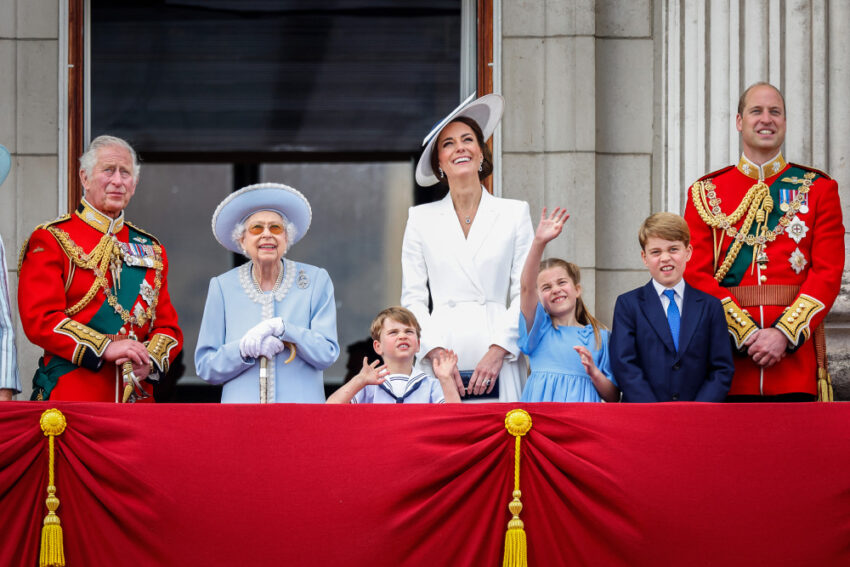The global spotlight has shifted away from the British monarchy, signaling a significant decline in public interest and relevance.
Anti-royal sentiments were palpable as protesters gathered at the Queen Victoria Memorial in London to mark the first anniversary of Queen Elizabeth II’s passing and the ascension of King Charles III.
The once revered institution is now viewed as a relic of a bygone era, desperately clinging to a fading legacy.
Queen Elizabeth II’s death anniversary passed with little fanfare, highlighting the waning significance of the royal family.
Despite efforts by royal enthusiasts and journalists to uphold the monarchy’s image, the reality of King Charles III’s reign as a mere shadow of his mother’s era has become increasingly apparent.
The monarchy’s fate seems sealed, destined to fade into irrelevance amidst a changing world.
The narrative of Queen Elizabeth II’s legacy as a stabilizing force during her 70-year reign has been overshadowed by the harsh realities of a crumbling institution.
The monarchy, once seen as a symbol of tradition and continuity, now faces scrutiny and criticism for its outdated practices and dwindling public support.
The transition to King Charles III’s rule has failed to inspire confidence or enthusiasm among the masses.
In the aftermath of Queen Elizabeth II’s passing, tributes and ceremonies were held to honor her memory, but they felt contrived and insincere.
The customary gestures of laying flowers at Buckingham Palace gates and social media messages from the royal family appeared more like scripted performances than genuine expressions of grief.
Prime Minister Rishi Sunak’s statement praising the late queen’s service seemed disconnected from the prevailing sentiment of indifference towards the monarchy.
The notion of a collective mourning for Queen Elizabeth II’s departure is met with skepticism and disbelief by many who view the monarchy as a symbol of privilege and elitism.
The extravagant lifestyle led by the royal family, shielded from financial obligations and immersed in luxury, stands in stark contrast to the struggles faced by ordinary citizens.
The disconnect between the monarchy and the modern world has never been more pronounced.
As the monarchy grapples with its diminishing relevance, the narrative of duty and dedication propagated by the establishment appears increasingly hollow.
The attempts to portray the royal family as paragons of virtue and benevolence ring hollow in the face of mounting criticisms and disillusionment.
The once unassailable image of the British monarchy now stands tarnished and fragile, a relic of a bygone era struggling to find its place in a rapidly evolving society.
The future of the British monarchy hangs in the balance, caught between the weight of tradition and the demands of a changing world.
The reign of King Charles III symbolizes a pivotal moment in the monarchy’s history, where the legacy of Queen Elizabeth II serves as a reminder of past glories and present challenges.
The monarchy’s survival hinges on its ability to adapt and evolve in response to shifting societal norms and expectations.
In conclusion, the decline of the British monarchy reflects a broader shift in public attitudes towards tradition and authority.
The once unassailable institution now faces scrutiny and skepticism, as its relevance in the modern world comes into question.
The legacy of Queen Elizabeth II serves as a poignant reminder of the monarchy’s past glory and present struggles, highlighting the need for adaptation and reform to ensure its survival in an ever-changing landscape.
